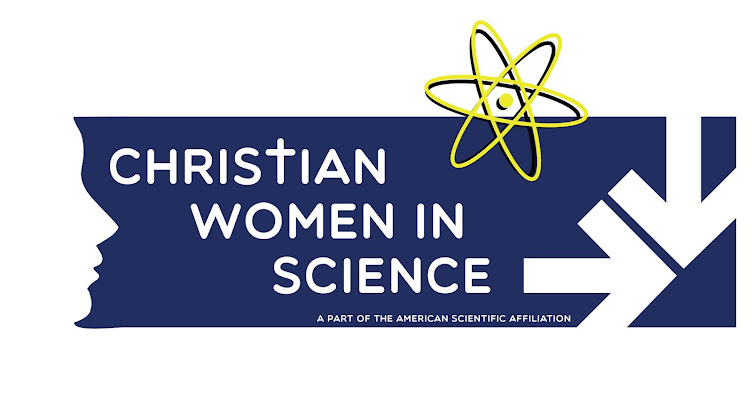Humans come in as many skin shades as these soil colors.
Dr. Alice C. Linsley
This week a friend asked about castes. He wanted to know if a caste ever becomes a race, though he recognizes that "race" is a modern construct and a false understanding of human diversity. That is why the term does not appear in the Bible. (See The Bible and the Question of Race.)
Molecular genetics has demonstrated the inadequacy of the concept of race. (See Race and genetics do not line up well, new study confirms | Live Science)
A caste may be regarded as an ethnic group because the members share a cultural heritage, language, religion, ancestry, and traditions. Ethnicity pertains to the cultural aspects that define a group's identity and distinguish it from others.Most castes have a distinctive kinship pattern in which marriage partners are taken only from within the caste (caste endogamy). This is especially true of castes of high social rank, such as the early Hebrew ruler-priest caste and the Brahmins of India. Like the early Hebrew (4000-2000 BC), the traditional roles of the Brahmins involved teaching, studying, preserving the sacred scriptures, performing religious rituals, and advising rulers.
The Jews are an example of an ethnic group. Their identity is found in a shared religious heritage and common practices such as the observance of Jewish holidays, circumcision, and dietary laws. However, the genetic makeup of Jews is not like that of a caste. Some are Jewish because they were born to Jewish mothers. Some are born to Gentile mothers and become Jewish by conversion under the direction of a rabbi.
Of course, all living humans have ancestry that can be traced back to our early ancestors who lived along the major water systems of Africa.


No comments:
Post a Comment